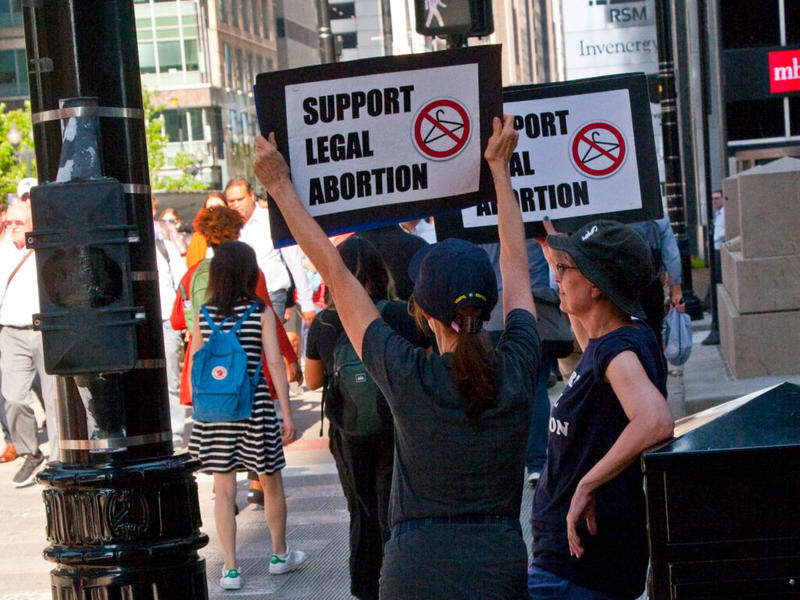WASHINGTON (Parliament Politics Magazine) – Arizona’s pre-statehood law that essentially criminalised abortions has been prevented from taking effect by an appeals court, at least for the time being.
The Arizona Court of Appeals’ three-judge panel agreed with Planned Parenthood that a court should not have lifted the long-standing order that stopped the earlier statute from taking effect.
Presiding Judge Peter J’s brief written order stated that Planned Parenthood and its Arizona affiliate have demonstrated that they were likely to succeed in their appeal of the judge in Tucson’s decision to permit enforcement of the old law.
Planned Parenthood had argued that the judge in the lower court should have taken into account a number of laws that restricted abortions passed since the initial injunction was put in place as a result of the 1973 Roe v. Wade ruling by the U.S. Supreme Court, which ruled that women have a constitutional right to an abortion.
Among such regulations is a recent one that went into effect last month and prohibits abortions beyond 15 weeks of pregnancy. The prior time frame was 24 weeks, which represented the viability standard set by now-reversed U.S. Supreme Court cases.
Eckerstrom ruled, echoing the arguments made by counsel for Planned Parenthood, stated that Arizona courts had an obligation to attempt to harmonise all of this state’s applicable statutes.
Mark Brnovich, Republican Arizona Attorney General requested that the injunction preventing enforcement of the pre-statehood abortion be withdrawn after the U.S. Supreme Court overturned Roe in June. It was released in 1973, not long after the Roe decision. Judge Kellie Johnson of the Pima Court Superior Court concurred on September 23 and removed the injunction two weeks later.
In a statement, Alexis McGill Johnson, president and chief executive officer of Planned Parenthood Federation of America said that the decision gave a badly needed feeling of security for both the patients and providers. They could now assist patients with a sense of relief. Arizonans would once again have the ability to make their own decisions regarding their bodies, health care, and futures, even though the battle was not yet over.
The office was aware that it was an emotional matter, and they would carefully analyse the court’s decision before deciding what to do next, spokeswoman for Brnovich, Brittni Thomason said.
Doug Ducey, a Republican gov, has stated that the 15-week law he signed in March took precedence. However, his attorneys didn’t want to put up a case in court.
Brnovich and several Republican lawmakers have claimed that the pre-statehood statute takes precedence. Language in the current 15-week ban said it does not repeal it. There is an exemption for situations where the mother’s life is in danger, but not for rape or incest
After the U.S. Supreme Court decision, providers all around the state stopped performing abortions, but many of them started again in the middle of the summer. That followed a federal judge’s decision to stop a separate “personhood” law they feared would allow medical professionals to be charged with crimes. After Johnson’s ruling, they stopped once more.
The competing abortion laws in Arizona are confusing to both providers and patients, said Planned Parenthood and other abortion rights advocates.
The trial court erred by restricting its analysis to the attorney general’s request to lift the 50-year-old injunction and by declining to take into account the later laws passed by the Legislature to regulate abortion, the appeals court said, which found that Planned Parenthood has demonstrated it is likely to succeed in its claim.
Eckerstrom stated that a stay was necessary given the urgent need for legal clarity as to how the criminal laws should be applied by healthcare practitioners, prosecuting authorities, and the public. Notably, both parties in the underlying issue asked the court for clarification in some way.
To decide whether to set an expedited timeline for hearing Planned Parenthood’s whole appeal, the appeals court scheduled a hearing for next week.






